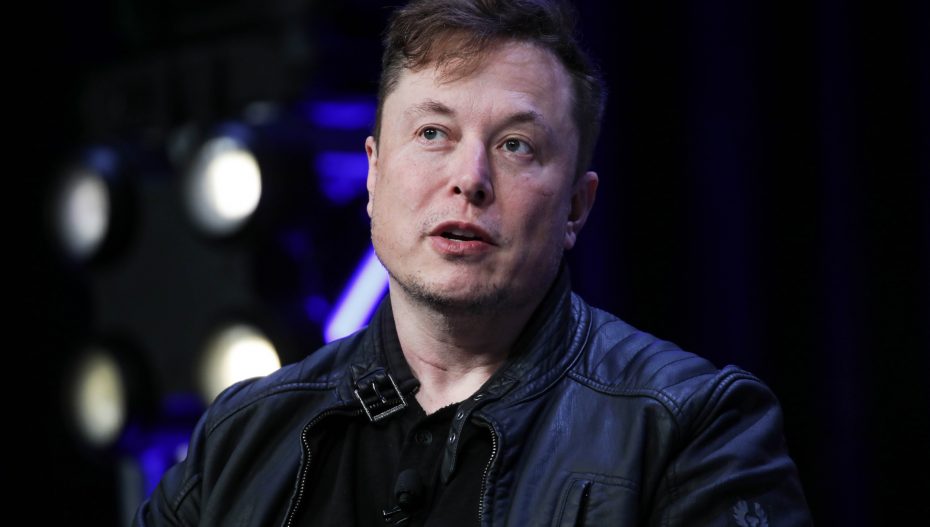Neuralink, the startup Twitter-owner Elon Musk founded to link our brains directly to computers, is set to help blind people to see and people with spinal cord injuries to walk or use their hands.
The company, one of five that Musk leads, is working on technology to drop thousands of electrodes thinner than a hair into the outer surface of human brains. Each electrode is a tiny wire connected to a battery-powered, remotely recharged, quarter-sized chip package that’s embedded into a spot that once held a circle of skull. The chip, called the N1, communicates wirelessly with the outside world.
Previously, Neuralink showed how its electrodes can listen in on brain activity. By capturing the brain signals from a monkey named Pager that played the classic Pong videogame, Neuralink computers learned to interpret motor control signals. Later, the monkey’s brain signals alone could control the game.
At Neuralink’s “show and tell” event, designed to recruit new talent, the company showed a new trick: A monkey named Sake used its mind to follow prompts and type on a virtual keyboard. The implants charge wirelessly, with monkeys coaxed by a fruit smoothie to sit beneath a charger embedded in a branch immediately above their heads.
Another experiment used electrodes in a pig’s spinal cord to control different leg movements, a technology that could lead eventually to helping people with quadriplegia walk or use their hands. Neuralink’s approach involves not just intercepting the brain’s movement commands and shunting them to the legs, but also hearing the sensory signals from those extremities and sending them back to the brain so the brain knows what’s going on.
Yet another experiment fed visual data captured with a camera into a monkey’s visual cortex, showing it virtual flashes the monkey interpreted as being in different locations.
Neuralink isn’t on its own in pursuit of brain-machine interface (BMI) or brain-computer interface (BCI) technology. Academic researchers have produced a steady stream of research papers, and startups like BlackRock Neurotech, Precision Neuroscience, Synchron Medical and Paradromics also are active. Some, like Nuro, employ noninvasive approaches that require no surgery.
One thing that separates Neuralink from some of those efforts is the goal of mass production. Musk envisions Neuralink making millions of brain chips and said he expects to have one himself. To reach that goal, the company is trying to automate as much of the technology as possible.
Also Read: Germany Scouts For Skilled Immigrants












